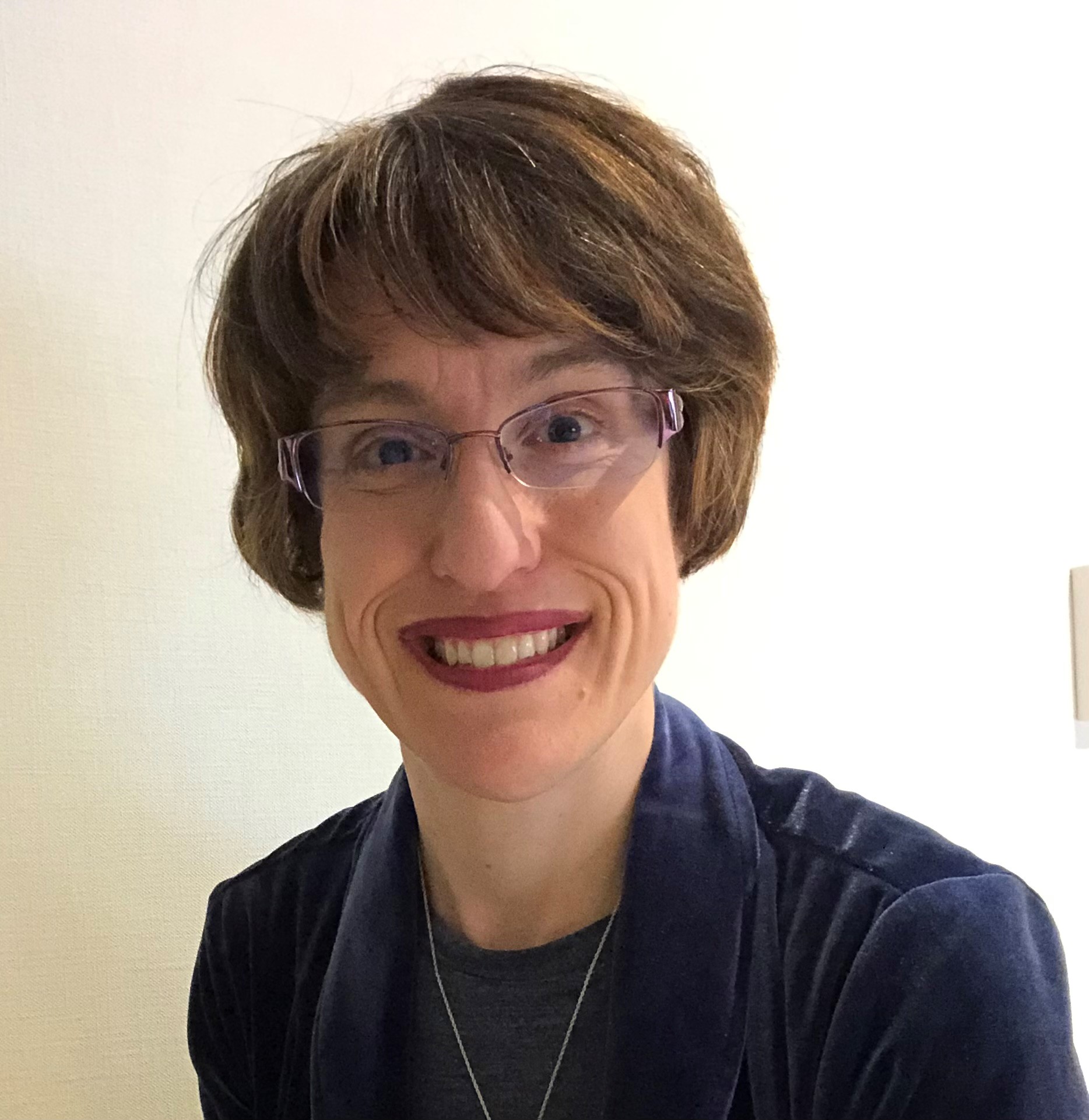4 Questions About Professional Learning From TESOL’s 2023–2027 Research Directions
In December 2023, TESOL International Association’s Research Professional Council (RPC) released its 2023–2027 Research Directions, which incorporated over 2,700 data points from 639 TESOL members across the globe.
Teacher development, both preservice and in-service, emerged as a central priority. TESOL reinterpreted this research priority as professional learning to incorporate a wider range of educational roles.
Here are four questions to be addressed in future research:
1. How can we educate new teachers in a way that safeguards their well-being?
The social, emotional, and physical health of teachers is a shared responsibility. When new teachers feel adequately supported, they are better able to cope with the daily stresses of teaching, establish effective classroom management strategies, cultivate healthy student-teacher relationships, and foster a positive school climate. Preservice training has made great strides in incorporating a wider range of topics like social-emotional learning and culturally responsive teaching to better prepare new teachers to work in linguistically diverse classroom contexts as well as to be cognizant of how their own emotions, thoughts, and values impact their behavior and help shape their identities as teachers.
Article: Corcoran, R. P., & O’Flaherty, J. (2022). Social and emotional learning in teacher preparation: Pre-service teacher well-being. Teaching and Teacher Education, 110, 103563. https://doi.org/10.1016/J.TATE.2021.103563
Opportunities for professional growth and positive relationships with peers are equally important elements of teacher well-being addressed by Research Questions #2 and #3.
2. How can we build a professional culture of mentorship that helps people stay in the profession?
One of the challenges facing the field of English language teaching (and education in general) is the fact that teachers inevitably leave, either to move to a different school, take on a different educational role, or leave the teaching profession altogether—on average, around 16% each year in the United States.
By incorporating a professional culture of mentorship, teachers will have a stronger support network. Mentoring can create an environment that encourages collegiality, and it can offer newer teachers a safe space to test out activities and to help brainstorm solutions to common classroom problems.
Article: 4 Steps to Create a Circle of Mentors (TESOL Career Center)
Article: Open Doors, Open Minds: 6 Tips for Effective Peer Coaching (TESOL Blog)
Article: The Crucial Link Between Teacher Retention and Mentorship (Graduate Programs for Educators)
3. What models for professional development build on teachers’ needs and aims?
According to research conducted by the Learning Policy Institute, meaningful professional development (PD):
-
- is content-focused
- incorporates adult learning theory
- supports collaboration
- models effective practice
- provides coaching and expert support
- offers opportunities for feedback and reflection
- is of sustained duration
Some possible models of PD include online learning, individually guided development, mentoring, observation and assessment, inquiry, and professional learning communities (PLCs) and communities of practice (COPs). How can these models address perceived gaps or build on self-identified development?
Article: 10 Asset-Based Approaches to Professional Development (TESOL Blog)
Guide: Designing Effective Professional Development Considerations Packet (William & Mary)
4. How do regional and local policies affect the consistency and inconsistency of access to professional development?
Kaplan and Baldauf (PDF) identified language policy as “…a body of ideas, laws, regulations, rules and practices intended to achieve the planned language change in the societies, group or system.” Research has proven that PD can develop teachers’ knowledge, skills, and practices, which can in turn improve the quality of teaching and student performance, but do regional and local policies (and funding) support PD? Do they regulate the quality or the relevance of PD completed? What impact does lack of access to PD pose to teachers and students?
Book: Kaplan, R. B., & Baldauf, R. B. (1997). Language Planning: From Practice to Theory. Multilingual Matters.
Article: Kirsch, C., Duarte, J., & Palviainen, Å. (2020). Language policy, professional development and sustainability of multilingual approaches. Multilingual Approaches for Teaching and Learning, 186–203. https://doi.org/10.4324/9780429059674-14
Article: Popova, A., Evans, D. K., Breeding, M. E., and Arancibia, V. (2022). Teacher professional development around the world: The gap between evidence and practice. The World Bank Research Observer, 37(1), 107–136. https://doi.org/10.1093/wbro/lkab006
Article: Throop, R. (2007). Teachers as language policy planners: Incorporating language policy planning into teacher education and classroom practice. Working Papers in Educational Linguistics, 22(2), 45–65. https://wpel.gse.upenn.edu/sites/default/files/archives/v22/v22n2_Throop.pdf
Join the conversation here: TESOL’s Professional Learning Padlet

